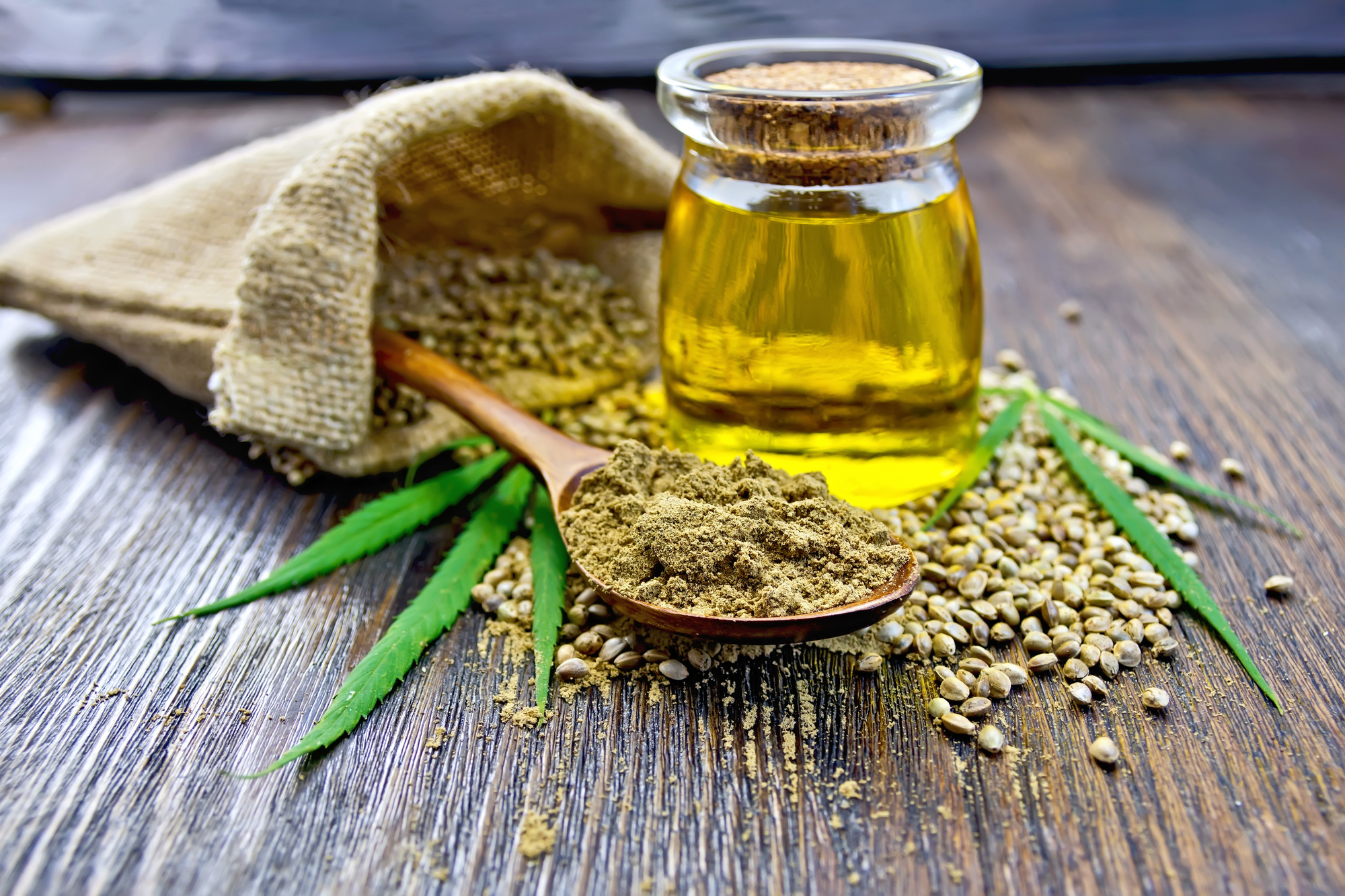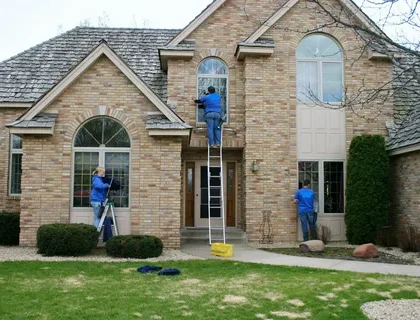CBD, short for cannabidiol, is becoming increasingly mainstream. It’s even available in pharmacies and grocery stores.
It’s important to know what you’re getting into before shopping for CBD products. For instance, poor extractions can taint CBD with THC or leave behind chemical solvents such as butane and pesticides.
CBD can interfere with certain blood thinning medicines and cause side effects such as nausea and fatigue. It can also affect the way other medications are metabolized by your body.
What is a CBD shop?
A CBD shop sells products that contain the active ingredient, cannabidiol, from the cannabis plant. These products include oils, edibles, vape juice, pet treats, and more. Many people who shop for CBD products are looking to improve their overall health, as well as treat specific ailments like pain and anxiety.
CBD is still a new industry, and the regulatory landscape is still developing. This means that there are a lot of potential hurdles to overcome. It’s important to know the laws and regulations before opening a CBD store. It’s also a good idea to narrow your product offerings and focus on a niche. Narrowing your focus will help you better understand the market and target customers.
You should also have a solid marketing plan for your business. This will help you grow awareness around your brand, attract new customers, and foster repeat purchases. Avoid using hyped marketing tactics, and make sure your marketing claims are a) data-backed and b) realistic.
In the Netherlands
The Netherlands is known for being one of the most cannabis-friendly nations in Europe. It’s home to a multitude of coffee shops that are open to anyone who wants to purchase THC products. This is despite the fact that the sale of marijuana is technically illegal in the Netherlands.
The country’s Opium Act classifies CBD and other hemp-derived products as “soft drugs.” As such, they are legal to sell if they meet certain requirements. For example, they must be derived from Hemp and contain less than 0.2% THC. It’s also important that shop owners verify that all customers are at least 18 years old.
In addition, they should be aware that it’s against the law to grow Hemp in the Netherlands unless it’s being used for Hemp materials production. As such, if a company wishes to operate a CBD shop in the Netherlands, it must strictly follow all laws and regulations. This is true for both online and in-person stores.
In France
Cofyshop has been praised for its tasteful, refined interior design and wide assortment of CBD products. The store sells tinctures, gummies, vape juice, and more, all of which contain only trace amounts of THC (tetrahydrocannabinol), the cannabinoid that produces the euphoric feelings associated with cannabis consumption.
The store’s owners aren’t afraid to take risks, and they have a good track record when it comes to quality. Their tinctures and oils are made from high-quality hemp and have passed rigorous third-party testing. They also use an advanced extraction process that ensures the purity of their product.
While the French government remains suspicious of cannabis, CBD shops like High Society are booming across Paris. The shop specializes in a range of CBD products including shampoo, lotions, candies, and tinctures. They use hemp grown in the US and a proprietary CO2 extraction method to produce their products. However, the website does not provide much information about the founders or their vision for the company.
In the United States
With CBD’s gaining momentum among anxiety-ridden millennials, as well as older age groups seeking an alternative to prescription drugs for pain relief, depression and skin problems, it’s important that retailers understand the regulatory landscape. Federal agencies have the power to issue warnings if they find claims that a CBD product cures, treats or diagnoses any type of medical condition.
In addition, a CBD business will likely need to comply with state licensing regulations. This includes fingerprinting, background checks and a detailed facility layout plan for each location. Many states also have their own CBD retail licensing guidelines that include adherence to labeling, marketing and percentage of delta-9-THC.
Additionally, the ability to attract a loyal customer base may require access to a solid marketing strategy. This should be data-backed, realistic and channel specific. Finally, banking is an ongoing challenge for hemp/CBD retailers as banks are often reluctant to fund cannabis businesses due to regulatory uncertainty. This is forcing businesses to rely on outside investors or alternative lenders for growth capital.





